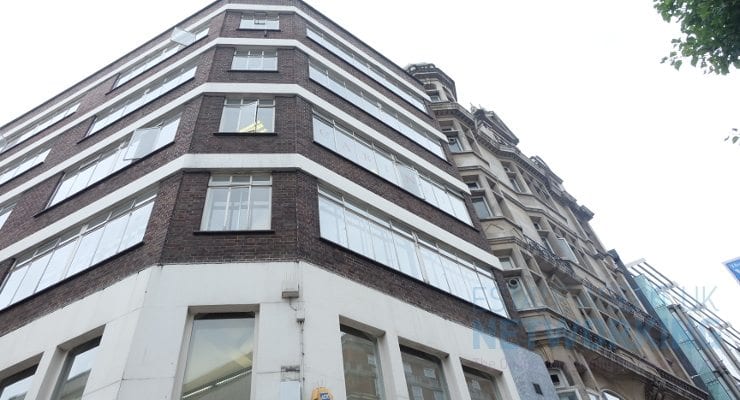1 in 5 private rented homes could be illegal
More than one in five private rented homes in England currently fail to meet the Decent Homes Standard (DHS). Analysis from Inventory Base suggests that these properties would be illegal to rent should the proposed extension of the DHS within the Renter’s Rights Bill (RRB) pass into law.
The DHS is a government-issued minimum standard of housing conditions for those living in social housing, such as council houses and homes provided by housing associations. However, the proposed RRB contains a mechanism that will extend the DHS to also cover the private rented sector.
As part of this process, the consultation on a reformed DHS for social and privately rented homes has been made live until September of this year, while it is proposed that any changes will need to be implemented by either 2035 or 2037. The long lead time aims to give private sector landlords sufficient time to ensure their housing meets the standard, which also includes new minimum energy efficiency standards that are set to be introduced to all tenancies by 2030.
Inventory Base has analysed latest available government data and found that an estimated total 3.78 million residential dwellings in England currently fall below the Decent Homes Standard, equivalent to 14.9% of all homes.
When it comes to social housing, the data shows that, despite the DHS having been in place since 2006, 10.3% of dwellings still fall below the required standard, equivalent to an estimated 428,000 homes.
In the private sector, 15.8% of all homes fall below the required standard. However, when it comes to private rented homes specifically – as opposed to owner occupied homes which won’t, of course, be impacted by the Renter’s Rights Bill proposal and subsequent DHS reform – a massive 21% of properties fall below the DHS, equivalent to an estimated 1.027 million homes.
This means that, should the RRB pass into law with the proposed DHS reforms intact, more than one in five private rented homes will require upgrading in order to be legally let to tenants, placing a huge financial burden on the nation’s landlords.
Sián Hemming-Metcalfe, Operations Director at Inventory Base, comments:
“The Renters’ Rights Bill represents one of the most disruptive overhauls of England’s rental sector in a generation. Landlords will face enormous pressure navigating the transition, from the end of fixed-term ASTs and no-fault evictions, to new rules on pets and a sweeping expansion of the Decent Homes Standard.
If the DHS proposal becomes law, over a million privately rented homes will require significant upgrades. That’s a massive, time-intensive, and costly task, especially without a clear support structure. The likely outcome? Widespread non-compliance or accelerated landlord sell-offs.
Agents and landlords need clarity now. They must assess where they stand, what actions will be required by 2035 or 2037, and how tools like property inspections can close the gap between today’s standards and tomorrow’s expectations.
While consultation is important, deferring implementation until 2035 or later isn’t strategic – it’s negligent. The delay legitimises inaction and leaves millions of tenants stuck in substandard homes for another decade, despite the fact we already have the data and tools to start driving progress. What’s missing is the urgency – and the investment – to build the infrastructure needed to scale change.”









